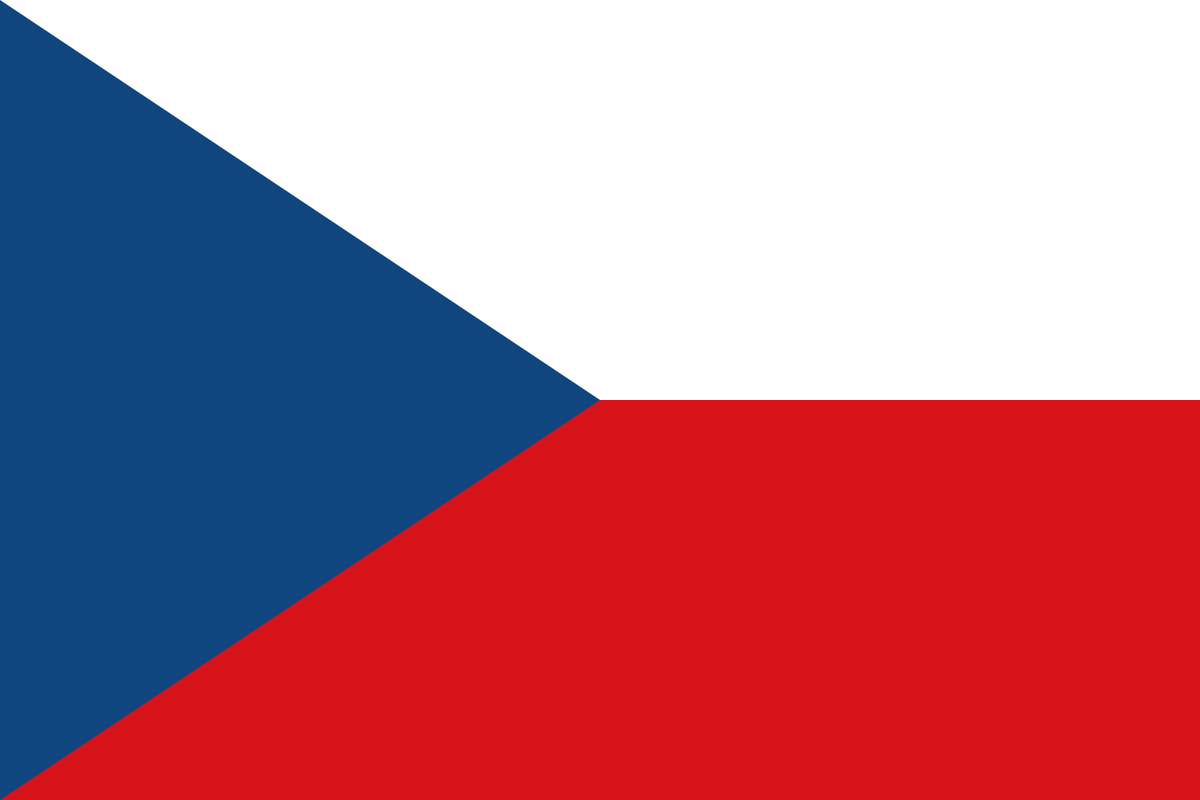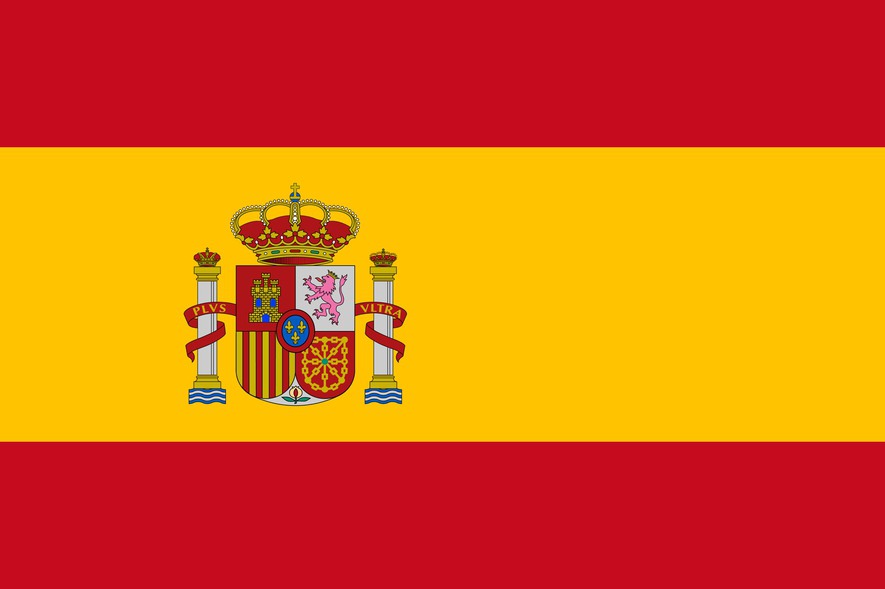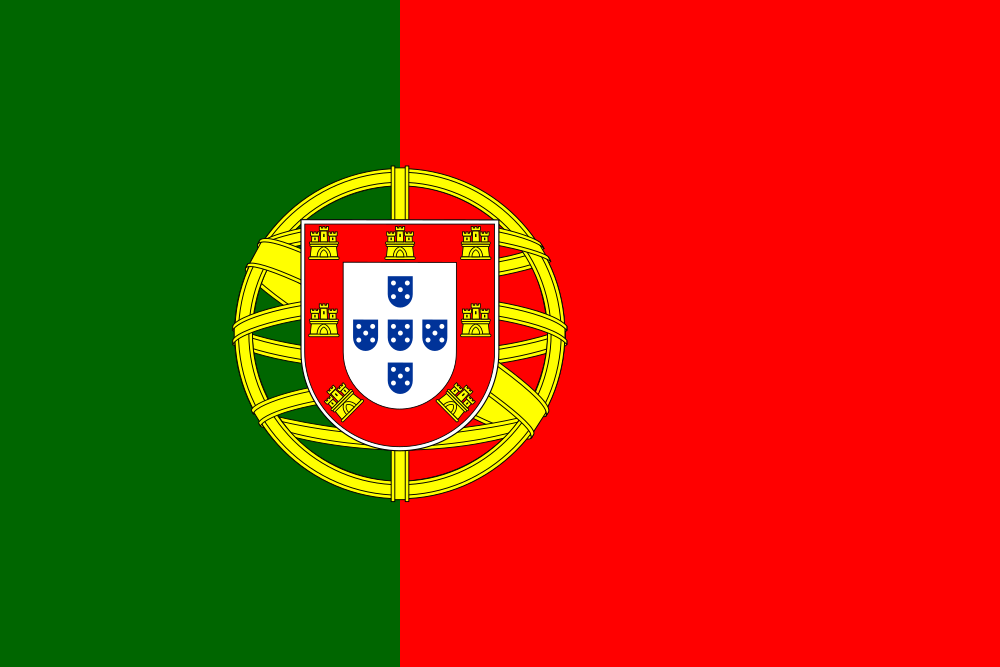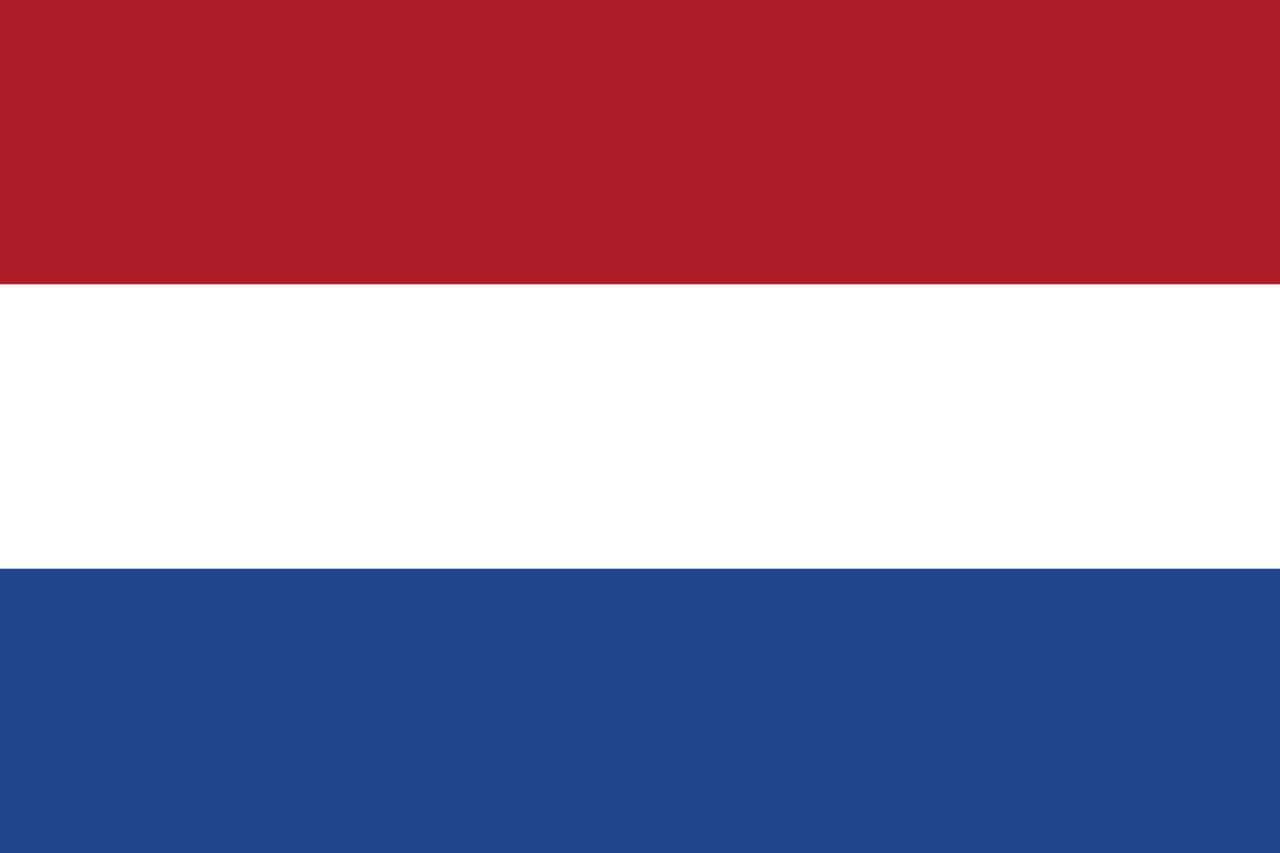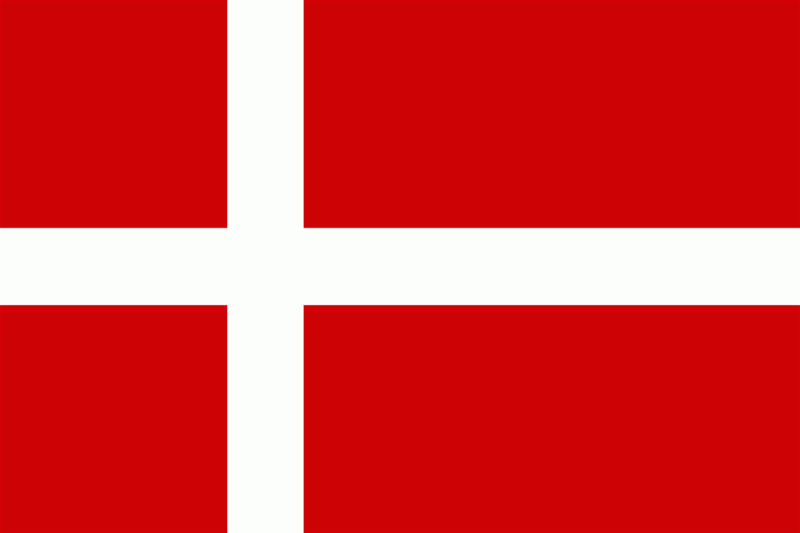

Name: Happy, Healthy, Wise and Wealthy
Project Start Date: 01-09-2020
Project End Date: 31-08-2022; extended 31-08-2023
Grant Calculated: 156741.00 EUR
"The European Commission's support for the production of this publication does not constitute an endorsement of the contents, which reflect the views only of the authors, and the Commission cannot be held responsible for any use which may be made of the information contained therein."
Participating organisation(s)
C1 tasks_Learning/teaching/training activities in the Czech Republic
C2 tasks_Learning/teaching/training activities in Denmark
C3 tasks_Learning/teaching/training activities in Spain
C4 tasks_Learning/teaching/training activities in the Netherlands
C5 tasks_Learning/teaching/training activities in Portugal
Project Summary:
The aim of this project is to improve the knowledge of students on a selection of environmental topics, and to inform members of the public on the results of all the topics covered to hopefully improve their understanding of the issues in question. As the common language in use is going to be English, it is hoped that students will benefit from the interaction between participating nations from the language point of view as well.
As there are going to be five schools taking part in the project, the duration of the project is split equally, each ending in a Learning/Teaching/training activity (LTT) for a different school. Prior to an LTT there will be a period of preparation work to be carried out in advance. It was decided to select five different topics that had relevance in the various regions of the participating schools. As the students involved in the project are going to be between the ages 12-17, the topics themselves had to be as different as possible but still be of interest to the students. The selection of students will be down to the individual schools, by means of competitions and preparation work required to be completed prior to every LTT on the project.
During the project, there is a need for meetings for the dissemination of planned itineraries, sustainability of all tasks and any changes that will occur during the project. As a result, there will be major meetings planned into the first and last LTT, it therefore is imperative all coordinators are present. The first LTT will also act as the initial meeting to finalise the long-term plan and resolve any issues, as well as to set up all the communication tools and applications. The LTT will act as the final meeting where all information, results, reports will be collated to aid in the final reports of the project. Also, there will be training for the use of the eTwinning platform during the first LTT, which is a major tool used for communication over the period of the project. The training will continue throughout the rest of the LTTs to make sure everyone is conversant with all the tools in use.
The first LTT to take place will be in the Czech Republic where the topic of interest is “recycling schemes in schools and households”. This LTT will focus on the way materials are recycled, the technology used and their future uses. There will also be a visit to a local eco farm using sustainable farming methods. Then in Denmark, students will research “food loss and wastage”. This could be achieved by studying the amount of food a supermarket has to dispose of and where such food goes, or looking at the “use by” dates on food. Moreover, the main task will look at ways in which to reduce the amount of waste within homes as well as within commercial sectors. The third LTT would be in the Netherlands and the topic is “harmful gases”. This is to include presentations about how to reduce harmful gases and also work with science departments to show how the gases are bad for the health and the environment. During the fourth LTT, to be held in Spain, the topic is “the importance of green areas in urban environments”. This topic deals with the improvement of the quality of life and sustainability within urban areas, and how to improve these areas for the future generations. Additionally, all schools will have a look at trying to create one of these areas within the school grounds, if at all possible. Finally, the last LTT is to take place in Portugal and the topic is “energy and its use”. Over this period, students will monitor the amount of energy used and the best way in which to save it. Plus, there will the need for students to look at and study reusable and sustainable energy sources.
Over the course of the project, there will be a lot a work carried by students where they must interact with the public to find out certain information. Questionnaires shall be created on the different topics and then students will analyse the results and compile them. Thus, these can be used at the end of the project to help with the final reports so people can see how the issues impact on us as a society. The students will also get to interview professionals within their field of expertise, so as to gather more information. There will be discussions, creation of newsletters, blogs, websites and presentations. It is also envisaged that the students will come to enjoy other school subjects more, since it is believed that a wide range of activities will be involved in the whole project.
In conclusion, all the different topics and activities that will be carried out on this project will hopefully give students and members of the public an insight into environmental problems faced by a modern-day society. The project is not about finding solutions to all of the problems but to help highlight those problems which people are not always aware of. It is hoped that any results obtained from the work of the students could be put to use in the future, but that remains to be seen.
Description of the Project:
In today’s world we are constantly being reminded of the fact that we need to save the planet. This issue has been highlighted especially by the environmental activist on climate change Greta Thunberg. Over the past year, she has travelled the world to try and get the message across to people about needing to act now. We are now more aware of the fact that the impact of climate change and environmental issues are linked together, united together under the topic of environmental protection. To put it simply, protecting the environment is not just about recycling but also about the method we use to do it.
Therefore, environmental issues are being widely discussed in all countries and are now crucial for the saving of our planet. While the older generations have already made some effort and began implementing a number of world saving projects, it is up to the younger generations to see them through. Consequently, it is important that people of all ages learn to understand and engage in as many eco-friendly processes as possible in order to make conscious and wise decisions that will be able to change our future for the better.
Thus, taking care of our environment is a basic step towards being "Happy, Healthy, Wise and Wealthy". So, every aspect of dealing with sustainability, environmentally friendly products, not wasting our energy and
resources, protecting nature, recycling strategies and minimizing our ecological footprint, to name but a few things, will make a huge difference for future generations.
It is our belief that if more students really start to understand what is going on around them, then they will have the basic tools to be able to make their own choices and decisions based on their own experience. Also, they will gain a deeper insight into the human impact on the environment, their behaviour will change and they will naturally want to take an interest and care. The aim of this project is to provide more information to the students involved as well share the knowledge gained across all of the participating schools. One of the ideas is to pass all of the information not just to students but also to the local population as a whole. This could be then used to show that everyone is trying to do their part in helping to save the planet.
Using one of Greta Thunberg’s quotes “We are the ones making a difference”, which was used in conjunction with the children’s School Strike for the Climate, we can hopefully show that there are children and teachers whose aim is to help the cause and who try and do their bit for the environment, in turn also helping to save the planet.
This why we believe that funding for a project of this nature would be beneficial to all and go forward to helping with a modern day tragedy in the making. No matter how small our input, everything that can be done now is a small step in the right direction, as once the earth is gone there is nothing left for anyone.
